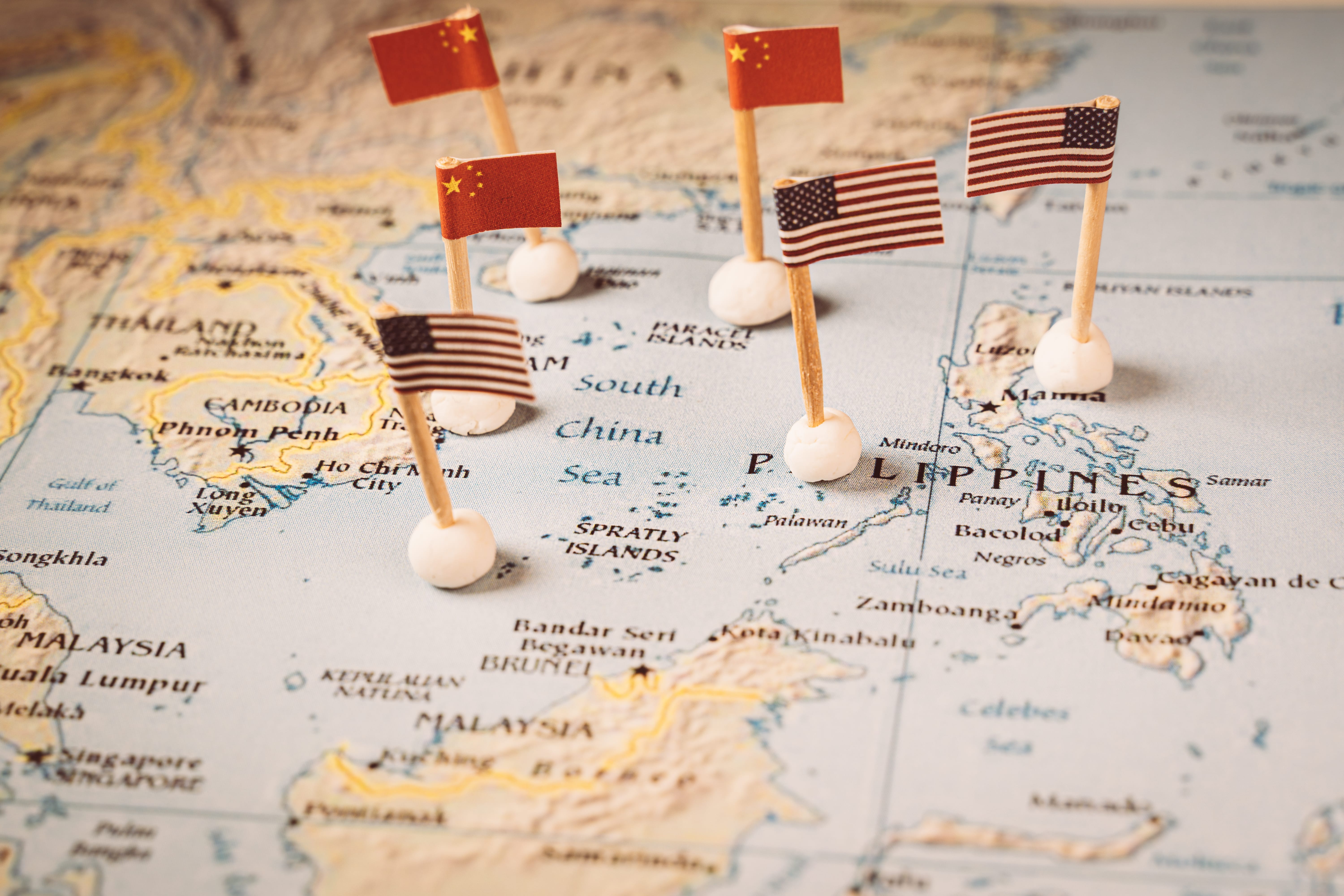
War, Sanctions, and Forex Trading in Uncertain Times
In the forex world, few things shake markets as violently as war or economic sanctions. When geopolitical tension rises, currencies swing, commodities spike, and risk appetite collapses.
Whether it’s the Russia-Ukraine conflict, U.S.-China trade wars, or Middle East instability, understanding how to trade during these events is critical because volatility can either destroy capital or create serious opportunity.
This article explores how war and sanctions impact forex markets and how smart traders can adapt during times of political crisis.
Why Conflict Moves Currencies
War and sanctions create uncertainty, and in forex, uncertainty equals volatility.
Key market reactions:
- Traders flee to safe havens (USD, JPY, CHF)
- Riskier or affected currencies drop sharply
- Commodities like oil and gold spike
- Spreads widen due to low liquidity
Unlike elections or central bank decisions, war often has no clear timeline, making it harder to price in.
Real Example: Russia-Ukraine War (2022)
Ruble Collapse:
The Russian ruble (RUB) plummeted by over
30% after Western sanctions hit Russian banks and
assets.
Oil Shock:
Brent Crude surged above $130 per barrel,
affecting energy-linked currencies like CAD and NOK.
Safe-Haven Surge:
USD/JPY and USD/CHF rallied as global
investors sought stability.
Lesson: Even regional conflicts can ripple through global FX and CFD markets.
Real Example: US-China Trade War (2018–2020)
🇺🇸🇨🇳 A series of tariff announcements led to:
- CNY (Chinese yuan) depreciation to
offset tariffs
- Global risk-off sentiment → USD and JPY gained
- Equity indices fell → traders hedged with gold and
CHF
- AUD and NZD (China-linked currencies) dropped
Sanctions and tariffs may not involve military action but their economic impact moves markets fast.
How to Trade During Turbulent Times
Trading around war and sanctions requires extra caution:
Manage risk tightly
Volatility spikes can cause slippage.
Always use stop-losses.
Avoid overexposure
If 80% of your trades are risk-on
assets, a war headline can tank your whole portfolio.
Watch commodities
Wars often drive demand for gold, oil,
and defense-related stocks. CFDs let you react quickly.
Monitor safe havens
Keep an eye on USD, JPY, and CHF. When
panic hits, these currencies usually rise.
Focus on reaction, not prediction
You can’t predict
when war will start or end, but you can position yourself around how markets are reacting.
News Sensitivity: Stay Informed, Not Reactive
During conflict, markets become news-sensitive. Even rumors can cause price whipsaws.
Follow real-time news (not Twitter rumors)
Trade less frequently and with smaller
sizes
Focus on high-probability setups, not noise
Conclusion
War and sanctions are brutal both for nations and markets. But for traders, they also reveal how connected our financial systems are.
Understanding how geopolitics impact currencies, commodities, and sentiment allows you to protect capital and sometimes capitalize on chaos.
Trade Confidently in Uncertain Times
CloackX equips traders with fast execution, flexible margin, and real-time insights — so you stay ahead of every geopolitical shift. Join the platform built for the modern trader.